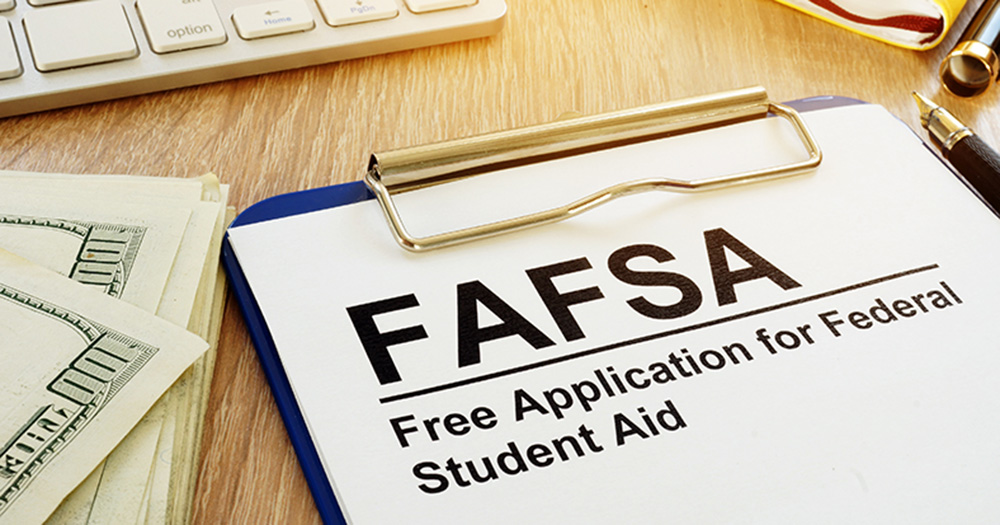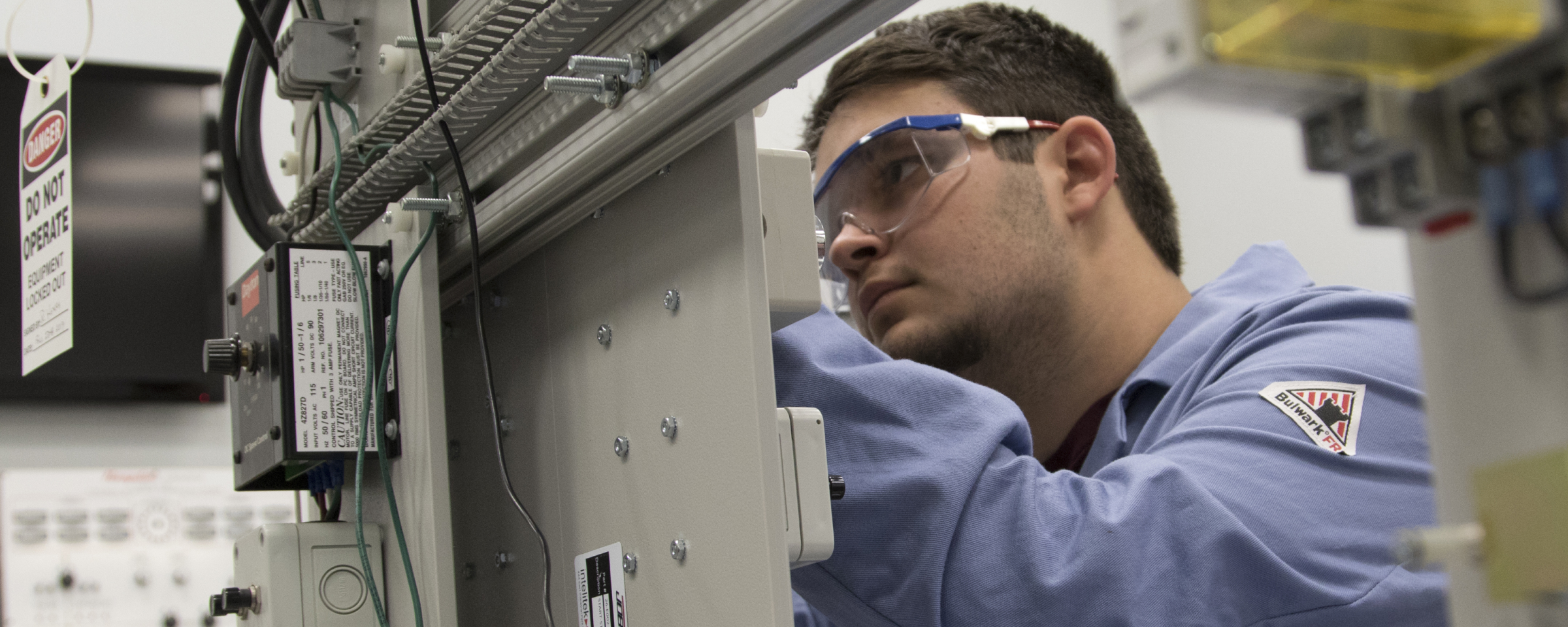
SAP, Appeals, and FAQs
To maintain your Financial Aid, you must meet requirements known as Satisfactory Academic Progress (SAP). In the event that you don't meet SAP, you have the ability to appeal that decision. Check below for Financial Aid forms, deadlines, and other frequently asked questions.
Satisfactory Academic Progress
Check your SAP status here.
Under current federal law, all students who receive federal or state financial aid, including federal or state grants, loans, and work-study, must be making SAP as defined by the college in order to receive or continue to receive aid at WCJC.
Financial Aid Eligibility
All recipients of financial aid must be enrolled in a program of study leading to an associate degree, an eligible certificate, or a program that is transferable toward a baccalaureate degree. Students may only receive aid at one institution per semester.
Students can only receive financial aid for classes that are required as part of their WCJC degree or certificate. Financial aid does not apply to courses taken by audit, credit hours earned by placement tests, continuing education courses, or courses taken outside a student’s degree plan.
Students must have a diploma from an accredited high school or a recognized equivalency, typically a General Education Development (GED) certificate. Transcripts from private and foreign schools and homeschool transcripts will be evaluated on a case-by-case basis. WCJC reserves the right to deny financial aid to any student who does not have a high school diploma or GED from an accredited institution.
View the Wharton County Junior College SAP Policy in the WCJC College Catalog.
Financial Aid SAP Appeals
A student who has been suspended from financial aid for failure to meet SAP requirements due to extenuating circumstances may appeal the decision by completing an online appeal form, explaining the extenuating circumstances, and providing appropriate documentation to support their claim. The deadline can be found in the online appeal request and all appeals must be submitted by midnight of the deadline. Appeal decisions will be posted in Online Services, under Financial Aid Eligibility, within four weeks of the deadline. Incomplete appeals and appeals without documentation will not be considered.
SAP and Veteran Benefits
Students receiving veteran benefits must adhere to the academic progress policy of the state or federal program to achieve and maintain eligibility. Students may appeal a Suspension status.

Need to Submit an Online Appeal?
Informational Videos
Financial Aid Videos
Money Management Videos
Financial Aid FAQs
While your FAFSA® application will automatically be sent to WCJC, you may be asked to submit additional materials. You can send the documents by:
- Fax: 979-532-6937
- Email: finaid@wcjc.edu
- Deliver in person at any campus
- Mail to: WCJC Financial Aid Office, 911 Boling Hwy, Wharton, TX 77488
To be compliant with federal regulations, if you are pursuing federal financial aid to attend WCJC, you will need to submit a notarized transcript with the appropriate signatures (parent signature for a home school and head of instruction for a nontraditional high school). The financial aid staff will evaluate the transcript for compliance with the standards for federal financial aid.
If the Financial Aid Office determines that your transcript does not meet compliance standards for federal aid, you will be advised to obtain your GED if you would like to continue the pursuit of federal aid.
It is your responsibility to provide proof of high school program accreditation upon request.
Yes. The FAFSA® and any scholarship applications must be completed yearly.
Possibly. The Department of Education requires schools to use contact hours, rather than credit hours, to determine financial aid award amounts for certificate programs that are not a part of or do not roll into an associate degree program. Consequentially, students in certain certificate programs may experience a reduction in the award amount quoted in the award letter. At WCJC, the certificate programs included in this requirement are as follows: Air Conditioning, Heating, Refrigeration, and Electrical Technology; Welding; Cosmetology; Manufacturing Technology; and Licensed Vocational Nursing.
No, if you are not a U.S. citizen or permanent resident, you cannot obtain federal aid, except under certain conditions. You may be eligible for state aid and/or scholarships. To apply for state aid, you should complete and submit the TASFA.
The Department of Education has created this fact sheet to answer questions specific to undocumented and DACA students.
Your parents’ citizenship status does not affect your eligibility for federal student aid. In fact, the FAFSA® form doesn’t even ask about your parents’ status.
A parent or spose does not a social security number to complete their section of the FAFSA®. Learn more at Federal Student Aid.
No. Although the award you see in Online Services is based on full-time (12 hours) enrollment, your aid will be adjusted to reflect the number of hours you are enrolled each semester. Only classes that are required for your degree/certificate plan can be funded.
Certain scholarships require full-time enrollment as a condition of eligibility.
You must be enrolled at least half-time to be eligible for Direct Loans.
Always check with the Wharton County Junior College Office of Financial Aid for specific details. The drop form requires a signature by the financial aid office staff.
Dropping a class can reduce your Pell Grant and could also impact your future loan level. Loan recipients who drop below half-time will begin their loan grace period. Dropping a class can also create Satisfactory Academic Progress (SAP) problems, and you might not be eligible for any future financial aid assistance.
You can receive financial aid for the summer session. You may be eligible for summer financial aid if you have not already reached your maximum annual or aggregate limits on loans and have maintained satisfactory academic progress during the fall and spring. Review the year-round Pell Grant information.

